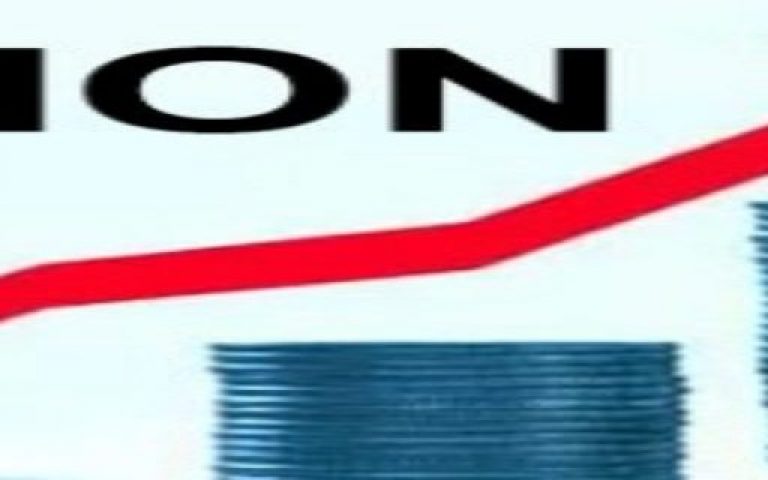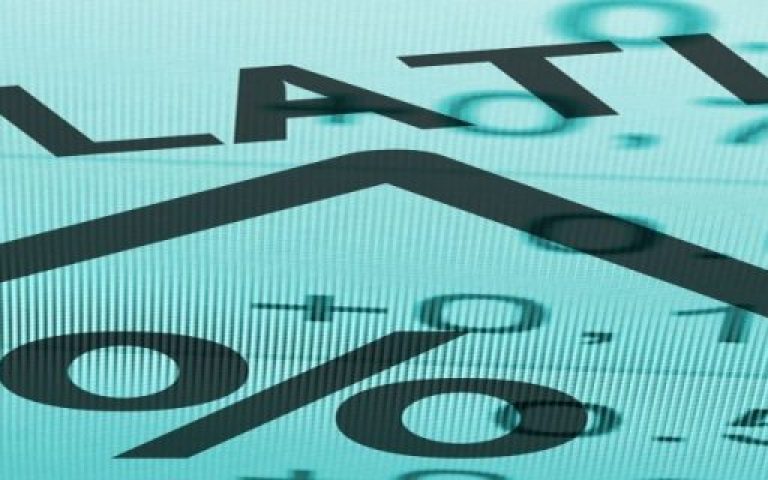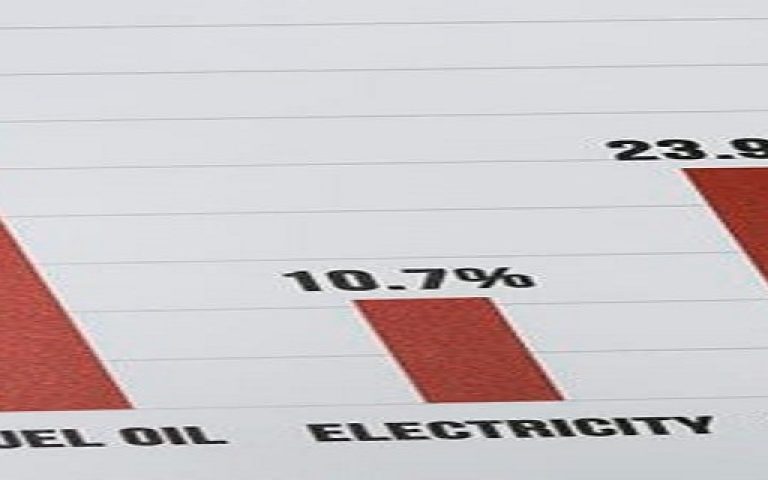The rate of inflation edged up in February to 9.2% after it began the year 2019 dipping to its lowest since January, 2013 when the inflation rate was reported at 8.8%. The rise represents a 20 basis points (bps) increase from a reported figure of 9.0% in January, 2019. Year-on-year, the rate of inflation fell by 140 bps from a reported rate of 10.6% in February, 2018.
The consumer price index has largely remained in the single digits since the start of the second quarter of 2018 in line with the BoG’s medium-term inflation target band of 8.0% ± 2.0%. The latest reading in the consumer price index, however, represents a drift away from the government’s projected end-period inflation target of 8%.
According to data from the Ghana Statistical Service (GSS), the rise came on the back of upward price movements in the food and non-food inflation basket after both recorded marginal increases in their respective rates of inflation.
The Food and Non-alcoholic beverages group recorded a year-on-year inflation rate of 8.1%, up by 10 bps from the group’s reported rate of 8.0% in January. The main upward price driver in this category was ‘fish & sea food’ which rose from 7.5% in January to 8.0% in February. Four sub-groups, including ‘coffee, tea & cocoa’ at 11.6% were above the groups inflation rate while seven sub-groups, including ‘cereals & cereal products’ at 3.9% posted rates below the group’s inflation rate.
The inflation rate for the non-Food and alcoholic group rose by 20 bps from 9.5% in January to 9.7% in February. The major upward price driver for this group was ‘hotels & eateries’ sub-group which rose from 6.7% in January to 8.3% in February. Five sub-groups, including ‘clothing & footwear’ at 13.3% recorded rates higher the group’s inflation rate and six other sub-groups, including ‘housing & utilities’ at 2.6% also recorded rates below the group’s inflation rate.
At the regional level, Upper West region recorded the highest inflation with a rate of 11.4% while Upper East region recorded the lowest at a rate of 7.9%.
It is expected that as the on-going depreciation of the Ghanaian Cedi coupled with fuel price increases at the pumps poses threats to the inflation outlook, the Monetary Policy Committee (MPC) of the BoG would take a cautious stance in its policy rate announcement later this month.


![Currency News [March 10, 2025]](https://theparkstone.sgcancerghana.com/wp-content/uploads/2022/02/images-768x480.png)
![Currency News [February 24, 2025]](https://theparkstone.sgcancerghana.com/wp-content/uploads/2022/02/download-1-768x480.jpg)
![Currency News [February 17, 2025]](https://theparkstone.sgcancerghana.com/wp-content/uploads/2019/11/eUSDGHS-scaled-768x480.jpg)
![Currency News [February 10, 2025]](https://theparkstone.sgcancerghana.com/wp-content/uploads/2019/11/eCur1e-scaled-768x480.jpg)
![Currency News [January 20, 2025]](https://theparkstone.sgcancerghana.com/wp-content/uploads/2022/02/j5fy1mDI_400x400-768x480.jpg)
![Currency News [November 4, 2024]](https://theparkstone.sgcancerghana.com/wp-content/uploads/2022/02/download-768x480.jpg)
![Currency News [August 12, 2024]](https://theparkstone.sgcancerghana.com/wp-content/uploads/2019/11/eCur1-scaled-768x480.jpg)

![Currency News [February 19, 2024]](https://theparkstone.sgcancerghana.com/wp-content/uploads/2019/10/Cur1ee-768x480.jpg)
![Currency News [June 12, 2023]](https://theparkstone.sgcancerghana.com/wp-content/uploads/2019/11/eCur-scaled-768x480.jpg)
![Treasury Rates [November 14, 2022]](https://theparkstone.sgcancerghana.com/wp-content/uploads/2022/02/treasury-bond-1-768x480.jpg)




